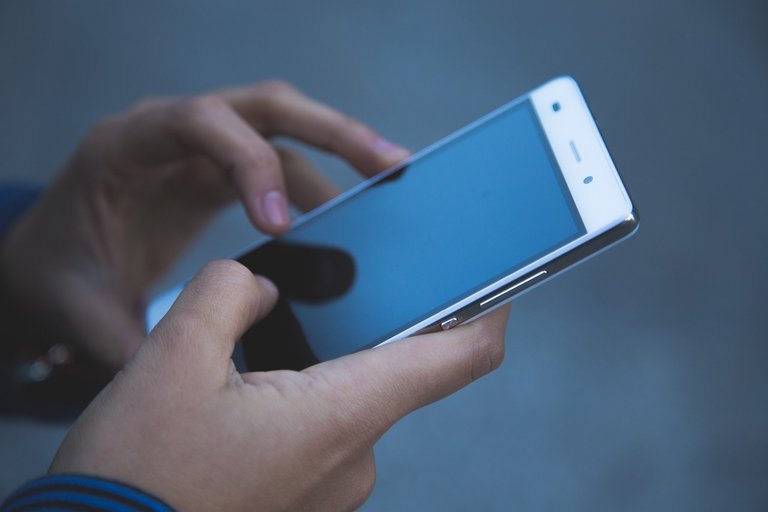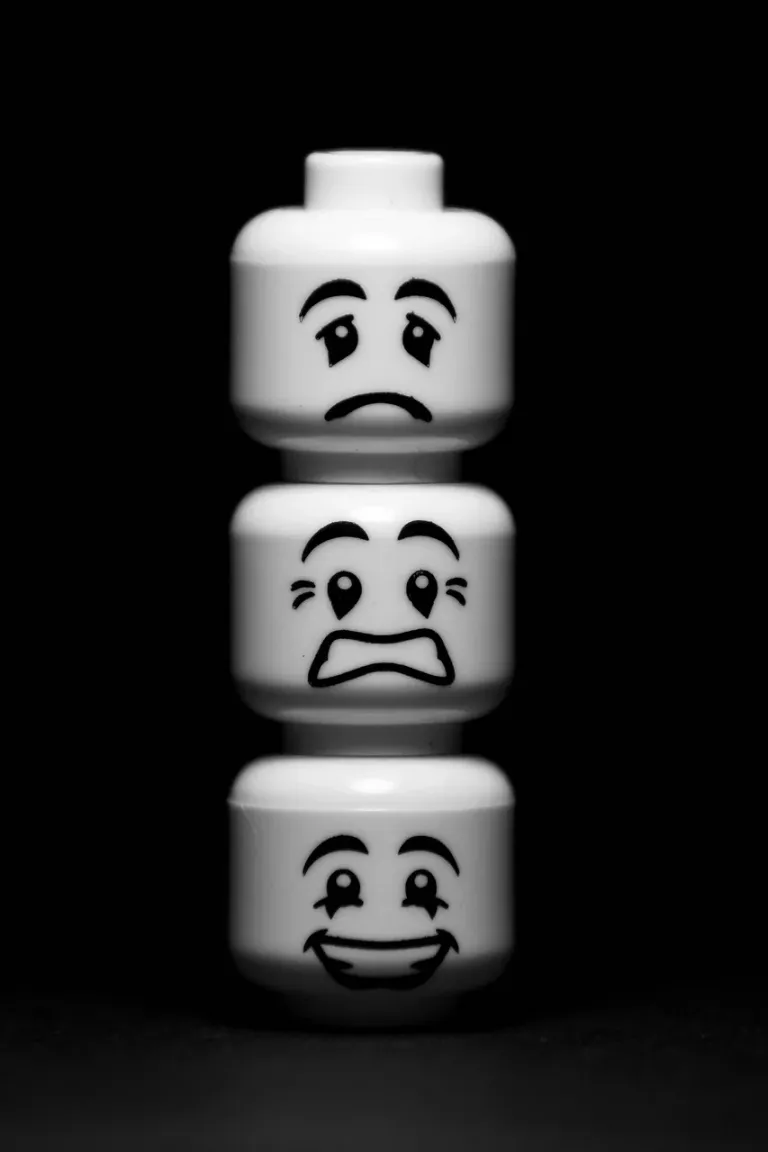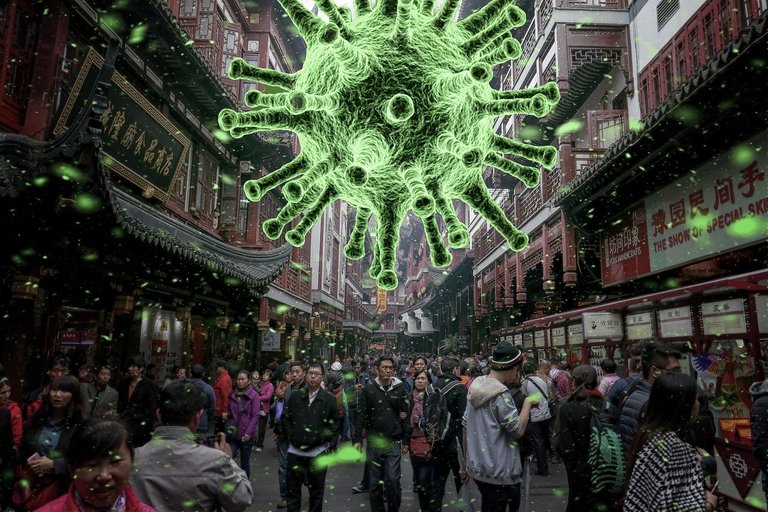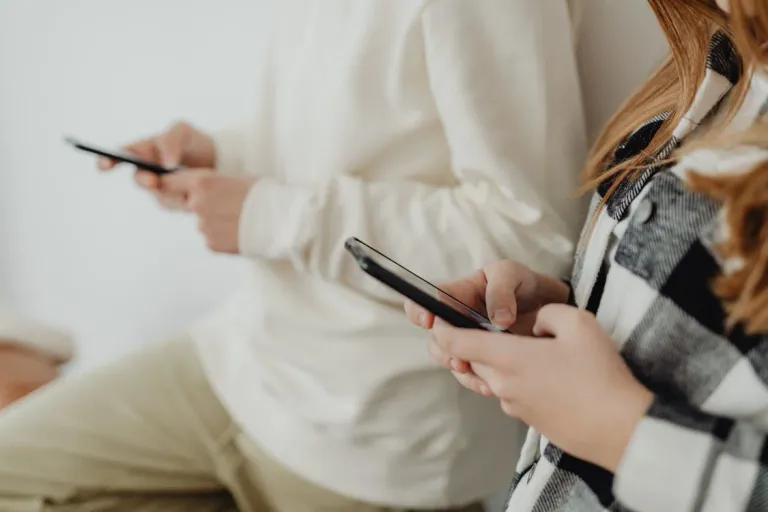
A veces, la fragilidad de la vida se manifiesta en las pequeñas cosas: una llamada inesperada, un mensaje de WhatsApp urgente o un video viral que, a pesar de su aparente inocencia, puede generar una profunda incomodidad. Estos sucesos, tan cotidianos como inesperados en el vertiginoso flujo de información del entorno virtual, me recuerdan la vulnerabilidad humana de la influencia sutil, pero poderosa, de la información en nuestras emociones.
Un hecho informativo, por insignificante que parezca, puede dejar al descubierto una inesperada fragilidad emocional
English version
Sometimes, the fragility of life manifests itself in the little things: an unexpected phone call, an urgent WhatsApp message, or a viral video that, despite its apparent innocence, can generate profound discomfort. These events, as every day as they are unexpected in the dizzying flow of information in the virtual environment, remind me of the human vulnerability to the subtle but powerful influence of information on our emotions.
A news event, no matter how insignificant it may seem, can expose unexpected emotional fragility

Ayer por la tarde, mientras disfrutaba de la agradable brisa en un parque, revisé mi WhatsApp y noté varias notificaciones seguidas de mi madre. Me pareció extraño; ella suele hacerlo solo cuando hay algo preocupante. Sin dudarlo, lo revisé de inmediato. Me envió una nota de voz solicitando mi honesta opinión sobre unos videos que me había enviado. Al verlos, descubrí que se trataba de información alarmista sobre el aumento de casos de norovirus en algunas regiones de Estados Unidos. Seguidamente, escuché otras notas de voz donde mi madre expresaba su preocupación por un posible regreso a tiempos de pandemia y estaba especialmente preocupada por la tasa de mortalidad del norovirus.
Personalmente, no estaba preocupado. No soy experto en medicina, pero como mi madre requería mi opinión, le dije con una frase directa y eficaz: "El virus más peligroso es el que no se detecta". Luego, le informé que los seres humanos hemos convivido con muchos patógenos sin siquiera saber de su existencia hasta su descubrimiento. Además, le recordé que la neumonía o la influenza causan la muerte de millones de personas al año; el norovirus también, pero en menor medida. Aquí en Venezuela también existe, aunque con una tasa de contagio muy baja, sin mencionar las deficiencias en su detección. Se piensa que enfermedades como la diarrea son causadas por retrovirus y a eso se suman los malos hábitos alimenticios, la falta de una dieta balanceada, el consumo excesivo de carbohidratos, lo que contribuye a un sistema digestivo debilitado y a la falta de nutrientes o vitaminas.
La preocupación puede convertirse en una oportunidad para la reflexión y la empatía
English version
Yesterday afternoon, while enjoying the nice breeze in a park, I checked my WhatsApp and noticed several notifications in a row from my mother. I thought it was strange; she usually does it only when there is something worrisome. Without hesitation, I checked it immediately. She sent me a voice note asking for my honest opinion on some videos she had sent me. Upon viewing them, I discovered they were alarmist information about the increase of norovirus cases in some regions of the United States. Next, I listened to other voice memos where my mother expressed concern about a possible return to pandemic times and was especially worried about the mortality rate of norovirus.
I was not worried. I am not a medical expert, but since my mother required my opinion, I told her with a direct and effective phrase: “The most dangerous virus is the one that goes undetected”. Then, I informed her that we humans have lived with many pathogens without knowing their existence until their discovery. In addition, I reminded him that pneumonia or influenza cause the death of millions of people a year; norovirus also, but to a lesser extent. Here in Venezuela it also exists, although with a very low rate of contagion, not to mention the deficiencies in its detection. Diseases such as diarrhea are thought to be caused by retroviruses. This is compounded by bad eating habits, lack of a balanced diet, excessive consumption of carbohydrates, which contributes to a weakened digestive system, and lack of nutrients or vitamins.
Concern can become an opportunity for reflection and empathy

Conversamos sobre muchos detalles y al poco rato me informó que se sentía menos preocupada. Me dijo que, en el momento en que me envió las notas de voz, había varias personas con una gripe extraña en el lugar donde estaba. Le mencione que podría ser oropouche. "¡¿Cómo?! ¿Qué es eso, hijo?", me pregunto. Le expliqué que no todas las gripes son iguales y que el oropouche es similar al virus del chikunguña, pero el malestar se manifiesta principalmente en dolores articulares. Obviamente, le recalqué que, cuando uno está enfermo, debe tomar medidas curativas para reponerse y mejorar su salud. Ella quedó un poco desconcertada porque desconocía la existencia del oropouche.
Le mencioné que no debía preocuparse tanto por la propaganda mediática sobre enfermedades o virus, que quizás se preocupaba demasiado por una enfermedad que probablemente nunca llegaría a experimentar o que quizás ya había experimentado -al igual que yo- en el pasado, con un falso positivo y una medicación diferente, pero efectiva al final. Y así, después de varias conversaciones, recordé cuán influyente puede ser la información que circula en las redes sociales, su efecto prominente en nuestros pensamientos, sensibilizando nuestras emociones hasta crear ansiedad sobre situaciones que probablemente no ocurran o que, si ocurren -como en el caso de las enfermedades- su efecto en nuestro cuerpo puede ser corregido y tratado a tiempo.
El diálogo constructivo puede actuar como un antídoto poderoso contra la ansiedad innecesaria
English version
We discussed many details and soon after she informed me that she felt less worried. She told me that, at the time she sent me the voice notes, there were several people with a strange flu where she was. I mentioned to her that it might be oropouche. “What do you mean, what is that, son?” she asked. I explained that not all flu is the same and that oropouche is similar to the chikungunya virus, but the discomfort manifests mainly in joint pain. I stressed to her that when you are sick, you should take curative measures to recover and improve your health. She was a bit puzzled because she was unaware of the existence of oropouche.
I mentioned to her that she should not worry so much about the media hype about diseases or viruses, that perhaps she was worrying too much about a disease that she would probably never get to experience or that perhaps she had already experienced - just like me - in the past, with a false positive and a different medication, but effective in the end. And so, after several conversations, I remembered how influential the information circulating in social networks can be, its prominent effect on our thoughts, sensitizing our emotions to the point of creating anxiety about situations that probably will not occur or that, if they do occur - as in the case of diseases - their effect on our body can be corrected and treated in time.
Constructive dialogue can act as a powerful antidote to needless anxiety

No soy experto en medicina, pero a veces siento curiosidad por estos temas y me informo. Recuerdo que, durante la pandemia del coronavirus, la desinformación fue enorme. Vi supuestos reportajes sobre personas que se convertirían en zombis, otros que afirmaban que era un nuevo SIDA muy contagioso o que quienes contrajeran COVID-19 quedarían vulnerables a enfermedades respiratorias de por vida. Gracias a que en esos momentos difíciles tenía acceso a internet, me desvelaba leyendo varias fuentes para conformar una percepción imparcial sobre lo que estaba sucediendo. De cierta manera, algunas personas me escucharon y su ansiedad y preocupación disminuyeron.
Así que la reflexión breve de esta publicación trata sobre lo siguiente: ante cualquier información sensacionalista o alarmista que circule en redes sociales, por favor, haz el esfuerzo de mantenerte informado consultando diversas fuentes —internet es un buen punto de partida— y, en lo posible, consulta con varios profesionales o expertos en el tema. Luego, determina tu propia conclusión. Porque si algo estoy bastante seguro, luego de la dolorosa experiencia del coronavirus, es que cuando se trata de enfermedades, la desinformación es un virus igual o más peligroso que el patógeno en sí.
No solo reacciones; analiza y actúa
English version
I am not a medical expert, but sometimes I am curious about these issues and I inform myself. I remember during the coronavirus pandemic, the misinformation was enormous. I saw supposed reports of people turning into zombies, others claiming that it was a new and highly contagious AIDS, or that those who contracted COVID-19 would be vulnerable to respiratory diseases for life. Because I had access to the internet during those difficult times, I would stay up late reading various sources to form an unbiased perception of what was going on. Somehow, some people listened to me and their anxiety and concern diminished.
So the brief reflection of this publication is about the following: before any sensationalist or alarmist information circulates in social networks, please make the effort to keep yourself informed by consulting various sources -the Internet is a good starting point- and, if possible, consult with several professionals or experts on the subject. Then, determine your conclusion. If there is one thing I am quite sure of, after the painful experience of the coronavirus, it is that when it comes to disease, misinformation is as dangerous a virus, if not more so, than the pathogen itself.
I'm glad you see the world from a different perspective. We overthink sometimes, especially about things we shouldn't overstress about. But, as regards ones health, you wouldn't blame her, outbreaks are not easy to handle emotionally, it's just human nature I guess... We all want to live in good health, don't we?
Exactly, sometimes we put unnecessary pressures on ourselves that end up affecting us in the long run. However, not all of us have the wisdom to manage this aspect of our lives. Experience and the improvement of intellectual capacity will facilitate the management of situations that can cause us stress and prevent it from substantially harming us.
What you say about health is true: we all want good health, but this aspect is sometimes overlooked because we have habits that accustom us to follow a continuous pattern. Let's consider the eating pattern: a diet with high carbohydrate intake increases the risk of diabetes, one of the most important chronic diseases worldwide. I can assure you that many people are aware of this situation and yet you can find people around you who maintain harmful eating habits, conducive to diabetes. These aspects, then, when they get sick, worry them, especially if the outcome is very likely. Not to mention the fact that there are people who have no choice but to eat what they can.
My mother, for example, showed a pattern of emotional behavior. Her concern led her to seek my opinion, hoping for reassuring answers. This example illustrates that not all of us possess the emotional skills to process information without overreacting to unlikely events. Anxiety, in particular, generates an emotional charge that makes life difficult. We must help those around us to manage their negative behavioral patterns, preventing serious consequences for their long-term health and well-being.
El poder de la mala información y más en estos tiempos, es muy importante verificar de donde viene esa información. Gracias por traer este tema tan importante.
🌟🌟🌟🌟🌟🌟🌟🌟🌟🌟🌟🌟🌟🌟🌟🌟🌟🌟🌟🌟🌟🌟🌟🌟🌟🌟🌟
The power of misinformation and more so in these times, it is very important to verify where that information comes from. Thank you for bringing this important topic.
Exactamente, debemos prepararnos, ya que existe información diseñada para que las personas sobredimensionen problemas o eventos. Además, nuestros hábitos y patrones mentales contribuyen, directa o indirectamente, a esta sobredimensión. Las personas con ansiedad, normalmente, sobredimensionan los problemas. Gracias por tu tiempo y por valorar mi escrito. ✌🏻
Es que para mi estas fake news están pensadas en aprovechar justamente a la población más vulnerable y tienen esta tendencia a maximizar las situaciones por su percepción distorsionada de la realidad. Para mi es verificar las fuentes que incluye filtrar a que voces le damos autoridad en nuestra vida al punto de confiar en lo que dicen.
In my opinion, these fake news are designed to take advantage of the most vulnerable population and have this tendency to maximize situations due to their distorted perception of reality. For me it is to verify the sources that includes filtering which voices we give authority in our lives to the point of trusting what they say.
Bueno, en este caso no era una noticia falsa, sino un evento real que estaba siendo exagerado. La exageración se puede usar como herramienta mediática para generar alarmismo o sensacionalismo, lo cual puede ser complicado de manejar para algunas personas, como fue el caso de mi querida madre. Menos mal que me informó; conociéndola, ahora estaría preparándose para comprar medicamentos innecesarios.
Una de las tantas consecuencias, negativas y positivas, de la información rápida y global.
Muy bueno, @finec
Efectivamente, estimado. Comienzo a percibir las redes sociales como un campo de batalla, que ponen nuestras emociones al filo del suspenso o la preocupación continua. Frecuentemente observo información externa elaborada de manera alarmista o sensacionalista, como si la paz y la introspección fueran inexistentes en nuestras vidas. En este contexto, valoro la existencia de Holos&Lotus, un espacio donde podemos aportar nuestro granito de arena para ofrecer perspectivas más equilibradas sobre los eventos y situaciones que ocurren a nuestro alrededor. Gracias por la visita. ✌🏻
Congratulations @finec! You have completed the following achievement on the Hive blockchain And have been rewarded with New badge(s)
Your next target is to reach 300 upvotes.
You can view your badges on your board and compare yourself to others in the Ranking
If you no longer want to receive notifications, reply to this comment with the word
STOPCheck out our last posts: